Join me for this podcast episode and blog post where I chat with Dr. Shannyn Pearce DC discussing thyroid health, adrenal glands, and hormone imbalances including the steps to take for healing.
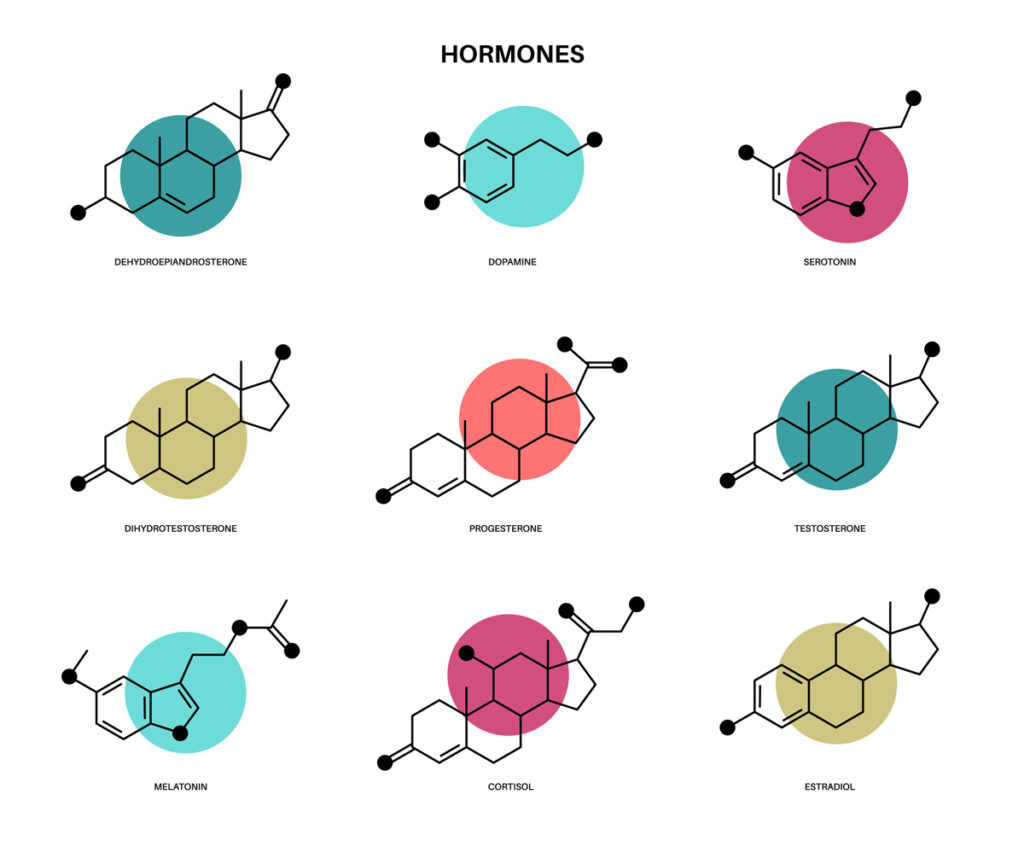
I’m so excited to have Dr. Shannyn on the Pioneering Today Podcast (episode #348). She is someone I have been working with for about six months now to help correct my hormonal imbalances, food sensitivities, and weight gain caused by inflammation in my body.
I have shared how I got off my thyroid medication before, my toxin testing results, and even how I healed acid reflux naturally. I’m a huge advocate for doing everything we can with daily lifestyle and health choices to heal our bodies before resorting to medications.
But just because we are eating well, exercising frequently, and taking good care of ourselves doesn’t mean we won’t face health issues. Our bodies are constantly changing and adjusting to our surroundings (our lifestyle changes, eating habits, sleep patterns, stress levels, etc.) and if we’re not careful, issues can creep back in without us even recognizing them until we’re facing some uncomfortable symptoms.
The truth is, so many of the issues we women face as we age can be helped and even reversed by simply understanding the changes that are taking place in our bodies and adjusting our response to them accordingly.
Dr. Shannyn shares that, if left unchecked, these minor “warning” symptoms can lead to even greater issues of chronic auto-immune disease, cancer, and degenerative diseases.
My Hormonal Imbalances

Because I’ve dealt with thyroid issues in the past, I feel like I’m better at recognizing those “warning” symptoms that are telling me my hormones are out of balance.
This is exactly what I was facing in early 2022 when I found Dr. Shannyn. She offers a set of tests that get sent to your home and you send them back in the mail for her team to assess the results.
I suspected that I had low testosterone at the time and, sure enough, that’s exactly what the test came back telling me. I figured Dr. Shannyn would simply give me a testosterone cream to help level my numbers out, but she told me that we actually needed to get to the reason why my body wasn’t producing enough testosterone in the first place.
This was kind of my awakening that not all things have a quick fix. Or more accurately, that not all things should have a quick fix. The testosterone cream would have just been a bandaid covering up a larger issue that would have gone uncorrected and likely led to worsening symptoms in the future.
Dr. Shannyn spells it out more clearly by saying that yes, we can go the “quick fix” route, but anytime we mess with our anatomy there’s going to be repercussions. So too much testosterone would eventually create issues of its own, and I could have ended up on the reverse side of things, with no real progress at all.
That’s why she likes to take a deeper look at the pathways in the body, to figure out what isn’t working correctly, potentially what’s getting in the way (in my case, certain food sensitivities), and how to correct it moving forward.
Individual Lab Testing
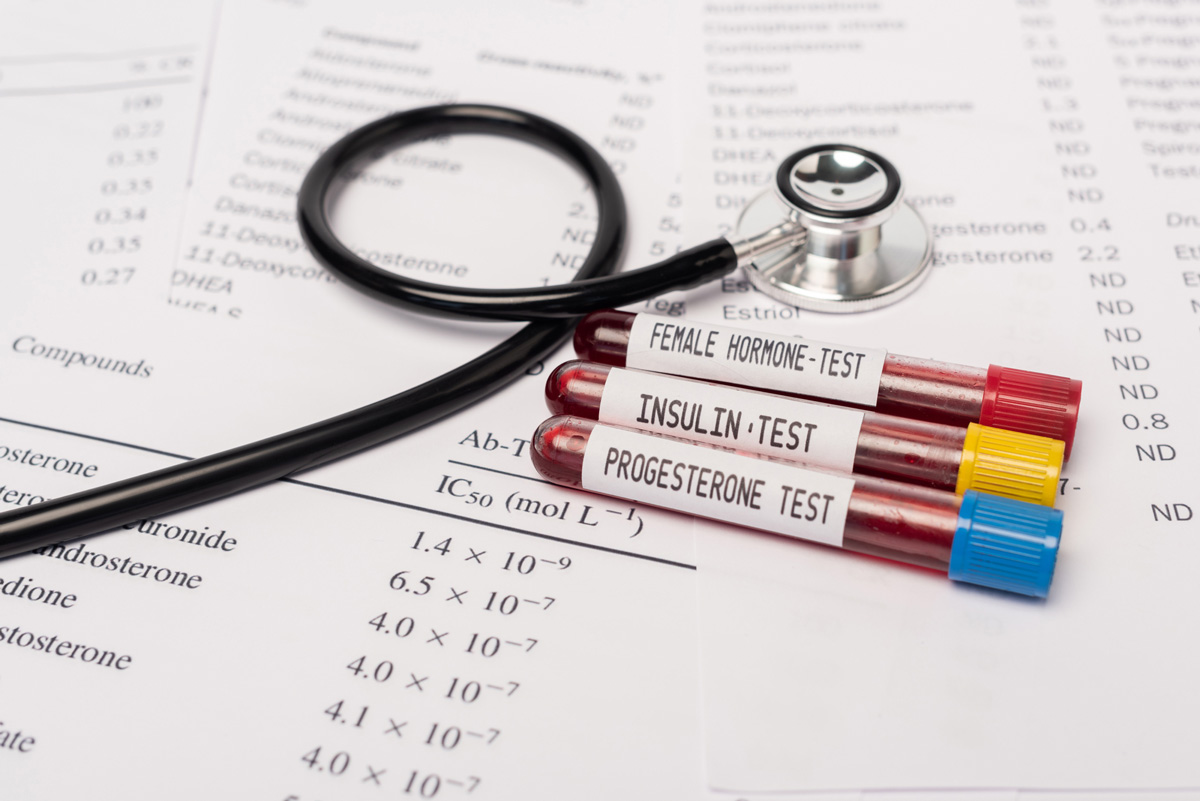
Dr. Shannyn is a huge advocate for individual lab testing and always recommends that as the best place to start.
Because we’re all different, we can’t compare our symptoms or lifestyle to anyone else. Someone else’s healing journey will likely look very different than your own and it’s important to work with a licensed health practitioner when doing so.
The reason Dr. Shannyn is such a stickler for testing is that the protocol for various hormonal imbalances is so different.
If a particular herb or supplement isn’t a good fit for you, it can actually end up doing you more of a disservice than helping your hormonal imbalances.
Natural Remedies Made Simple

Start your home apothecary with confidence—even if you’re brand new. Learn how to choose the right herbs for your body using the simple principles of herbal energetics.
Discover how warming, cooling, drying, and moistening herbs affect your body—so you can stop guessing and start making remedies that actually work.
Adverse Food Reactions

One of the main things the individualized testing will show is how different foods react in your body.
Dr. Shannyn explained that there were 29 foods that were creating massive amounts of inflammation in her body causing migraines and joint pain. They were all healthy foods too, such as lemons, coconut, and ginger. It’s not always only sugar, dairy, soy, and gluten causing inflammation.
For Dr. Shannyn those foods resulted in migrains and joint pain, but for someone else, they might experience bloating or no issues at all. So knowing specifically what foods are causing the issues will help the process of fixing the root problems.
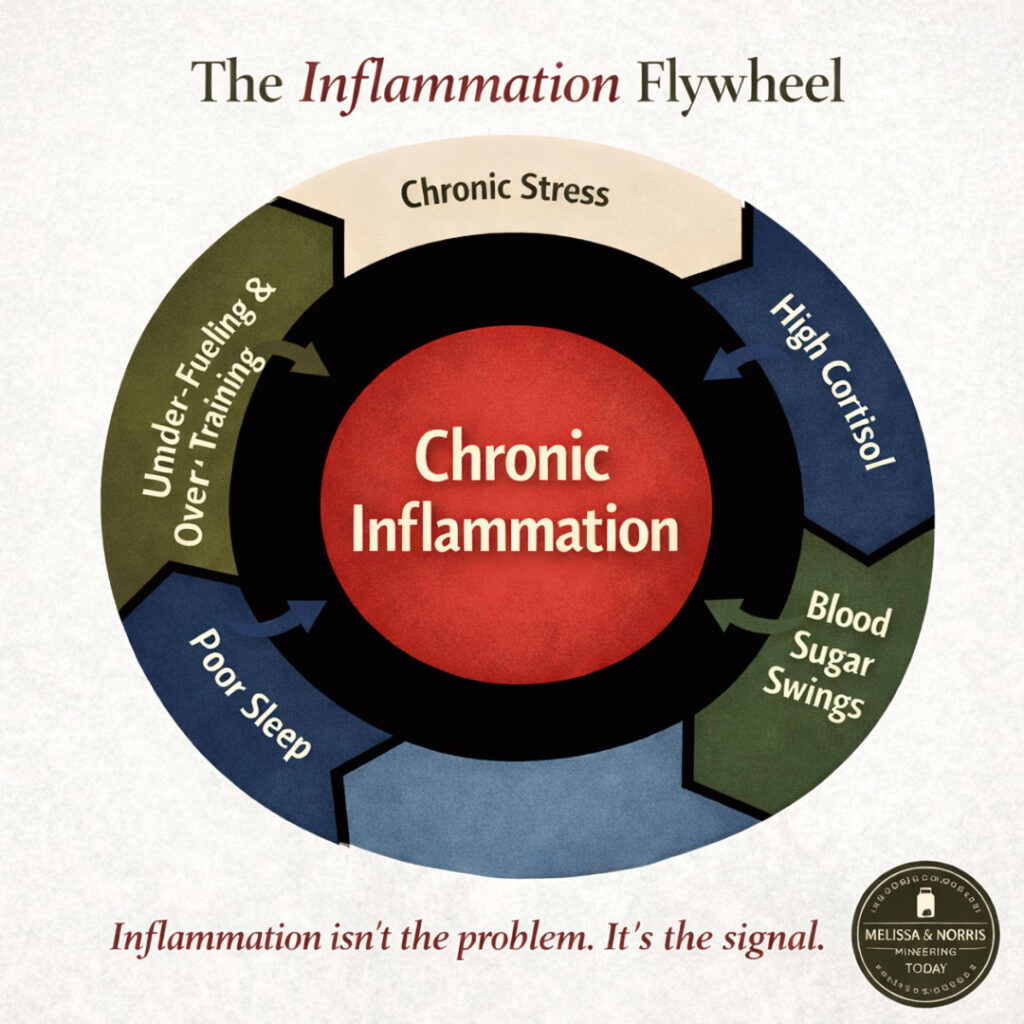
The Hidden Cycle Keeping You Inflamed
If you’ve been feeling puffy, tired, achy, or wired-but-tired, this two-page guide will help you understand what may be happening behind the scenes — even if you’re eating “healthy.”
Download the Inflammation Flywheel Guide and learn:
- Where to start so you don’t feel overwhelmed
- The 5 most common drivers that keep inflammation switched on
- Why blood sugar swings, stress, and poor sleep feed each other
Symptoms That Indicate There Is a Problem
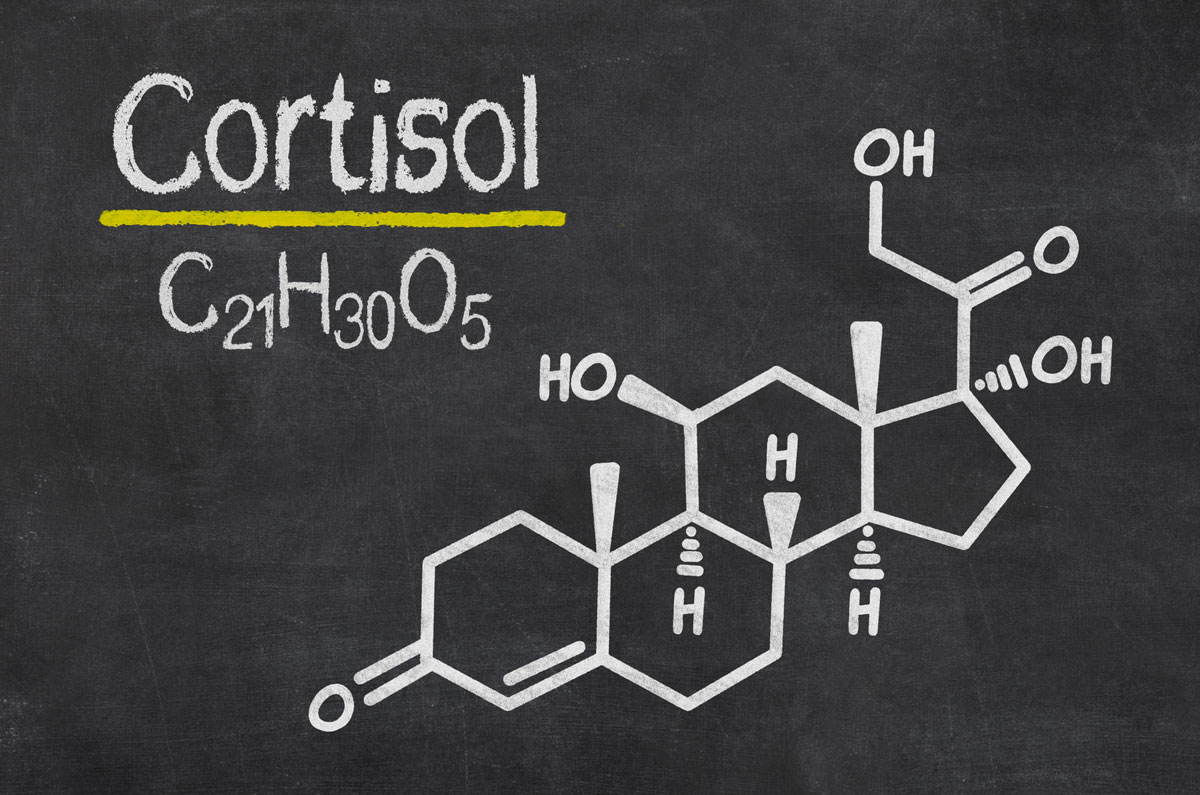
There are usually two camps of women that Dr. Shannyn sees. Those with hormone dominance and those with low hormone, or adrenal insufficiency.
If you’re not sure where you are, read through the symptoms of each below to give you more of an idea.
It’s important to note that I am not a certified medical practitioner. This post is not intended to diagnose or treat but is for informational purposes only. Please contact your healthcare professional before introducing new herbal and natural remedies into your wellness routine.
Hormone Dominance
These are women with some or all of the following symptoms:
- Higher stress levels and/or anxiety.
- Weight gain that’s difficult to get rid of.
- Having feelings of overwhelm.
- Feeling inflamed, possible bloating.
These are all symptoms of high cortisol levels in the body. (Source)
Unfortunately, many women don’t catch these symptoms in time and let these warning signs go on for too long. Which can then lead to the other women Dr. Shannyn sees…
Adrenal Insufficiency/Low Hormone
A body can’t stay running on high cortisol for too long and eventually, if the symptoms go unrecognized or untreated, that person can go into adrenal fatigue.
At this point, the body starts running on low cortisol. When cortisol is depleted it starts eating up our hormones and we end up with low estrogen or low progesterone.
That’s when women will start having some or all of the following symptoms:
- Feeling exhausted and heavy, like you could sleep for twelve hours and still be exhausted.
- Things that used to be fun aren’t fun anymore.
- It’s hard to control moods.
- Have feelings that everything is harder to accomplish without actually having reasons for this.
Healing Actions to Take Now

If you’re not in a place to get individualized testing done, there are still steps you can take that will help manage hormones, thyroid, etc.
This may not help as quickly or as thoroughly as what an individualized test would provide, but it’s a healthy place to start.
Stress Management
Dr. Shannyn is a huge advocate for stress management. In today’s day, we’re awarded for “doing it all”. But your adrenals, thyroid, and hormones will all have lower than optimal function if there are physical and emotional stressors going on in your life that go unchecked for too long.
We simply weren’t created to run on high-stress for long periods at a time.
Implementing breathing, journaling, or relaxation practices for just ten minutes a day will help you manage your stress which will make a huge difference in managing hormone and thyroid levels.
Practicing stress management and simply allowing your nervous system to come back into rest will make a huge difference and it’s something that’s free and you can start today. (Source)
If we’re not in a relaxed state, we can’t expect our systems to work correctly.
Remove Foods Creating Inflammation
The next step is to stop putting things into your body that are creating inflammation. This is something we always have the choice to make and that’s 100% in our control.
Dr. Shannyn says to minimize the inflammatory foods, stop the added sugars, stop eating foods with artificial dyes and colors, and stop drinking soda. (Source)
There are so many things you can do with your food choices to open up the opportunity for your body to heal.
Dr. Shannyn actually offers a private coaching group where she helps her clients create healthy habits that are attainable and maintainable.
Heal Adrenals
If you have adrenal fatigue, the only way you can heal your adrenal glands is by removing the physical and emotional stress so that your adrenal glands can regenerate.
The key is finding out where your inflammation lies, whether or not you’re dealing with infections, and finding out if you have a hormonal imbalance.
In the meantime, you can help support your adrenals by using ashwagandha, Rhodiola, and California poppy. These, however, are only supporting herbs and not fixing your adrenals. (Source) (Dr. Shannyn recommends taking these herbs at different times of the day, so one in the morning, one in the evening, or even alternating days.)
The only way to do this is to bring them back to homeostasis.
How Long to Feel Better?

As with everything, the healing journey is unique to everyone. For some people, they might start feeling massive improvements after a week, but for others, they might be two months into their healing journey still struggling with symptoms and pain.
Dr. Shannyn likes to set a 90-day protocol so that people don’t throw in the towel after two weeks because they’re not seeing improvements.
We need to give our bodies time to respond and heal, and this timeframe will be different for each person.
The Problem with Testing Today
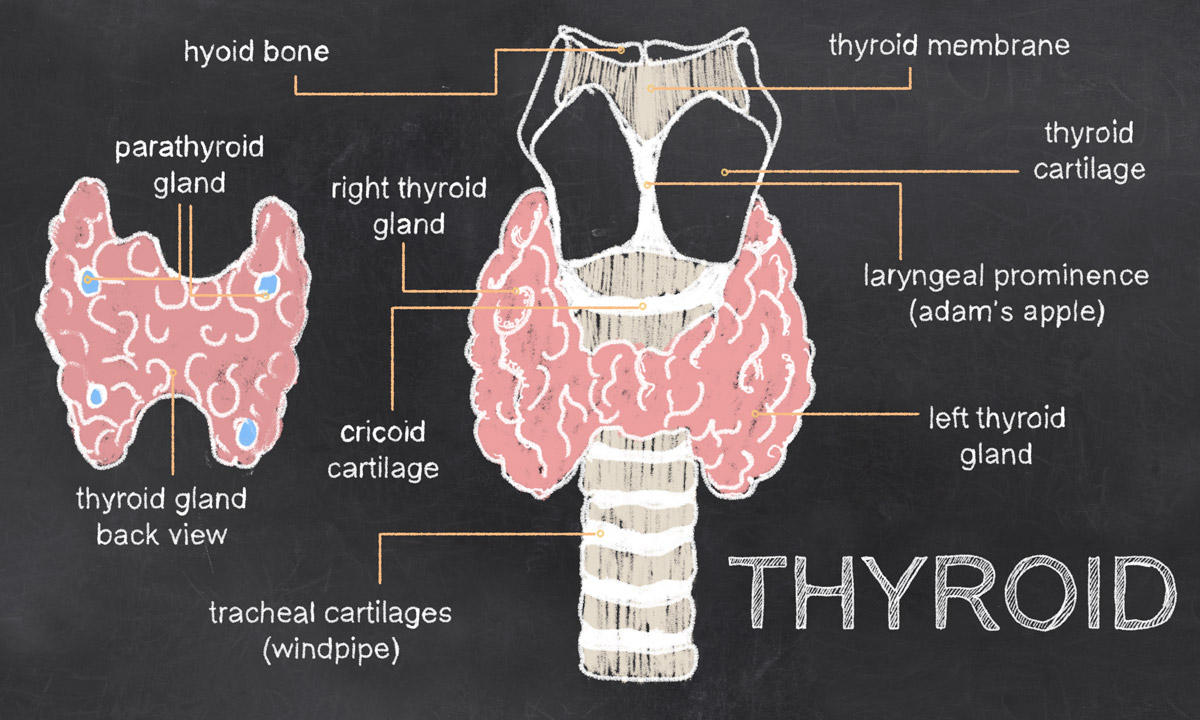
So often Dr. Shannyn hears of women being put on the thyroid medication levothyroxine (Levoxyl, Synthroid, Tirosint, Unithroid, Unithroid Direct). If you go to any of the websites for these medications, the contraindications state not to take them if you have adrenal insufficiency.
They know how much the adrenals regulate the thyroid and it can be dangerous to be stimulating more thyroid hormone with an existing adrenal issue.
Yet, Dr. Shannyn’s number one question she asks her patients is if their doctor tested their adrenals before prescribing medication. Most often their answer is no.
There is no medication that helps regulate adrenals, therefore many doctors are more likely to prescribe medication for the thyroid. This simply isn’t right, but most doctors won’t spend the time looking at your lifestyle as a means for healing because this takes more time than they’re allotted for a patient.
If you’re interested in working with Dr. Shannyn, continue reading to learn where to find her…
More About Dr. Shannyn

Doctor of Functional Medicine, Chiropractic, Holistic Health Advocate, and nationally known speaker and educator, Dr. Shannyn has a passion for women’s hormones, thyroid and autoimmune issues. After being diagnosed with fibromyalgia at a young age, she began her lifelong quest to find non-medical answers to common health issues.
Dr. Shannyn is married to her best friend Dr. Justin Pearce, has 2 kids and a successful business online helping women find their root cause answers.
In the process of building this amazing life, Dr. Shannyn experienced something a lot of high-achieving women face… total burnout. It was from that breakdown that she pivoted her focus to work exclusively with women who want to prioritize their health and create full life freedom.
If you’re interested in working with Dr. Shannyn, she recommends you first check out this document called “Three Tests Your Doctor Isn’t Running“.
Next, Dr. Shannyn recommends scheduling a free “Journey to Wellness Call” (sign up for that on her website, Journey to Wellness). This call will ensure you get the right tests for your individual situation so you don’t waste your time and/or money.
You can also opt-in for a free morning routine from Dr. Shannyn here.
Be sure to check her out on Instagram and TikTok. And find her on Facebook at Dr. Shannyn Pearce DC or her Thyroid and Hormone Women’s Support Group on Facebook.


